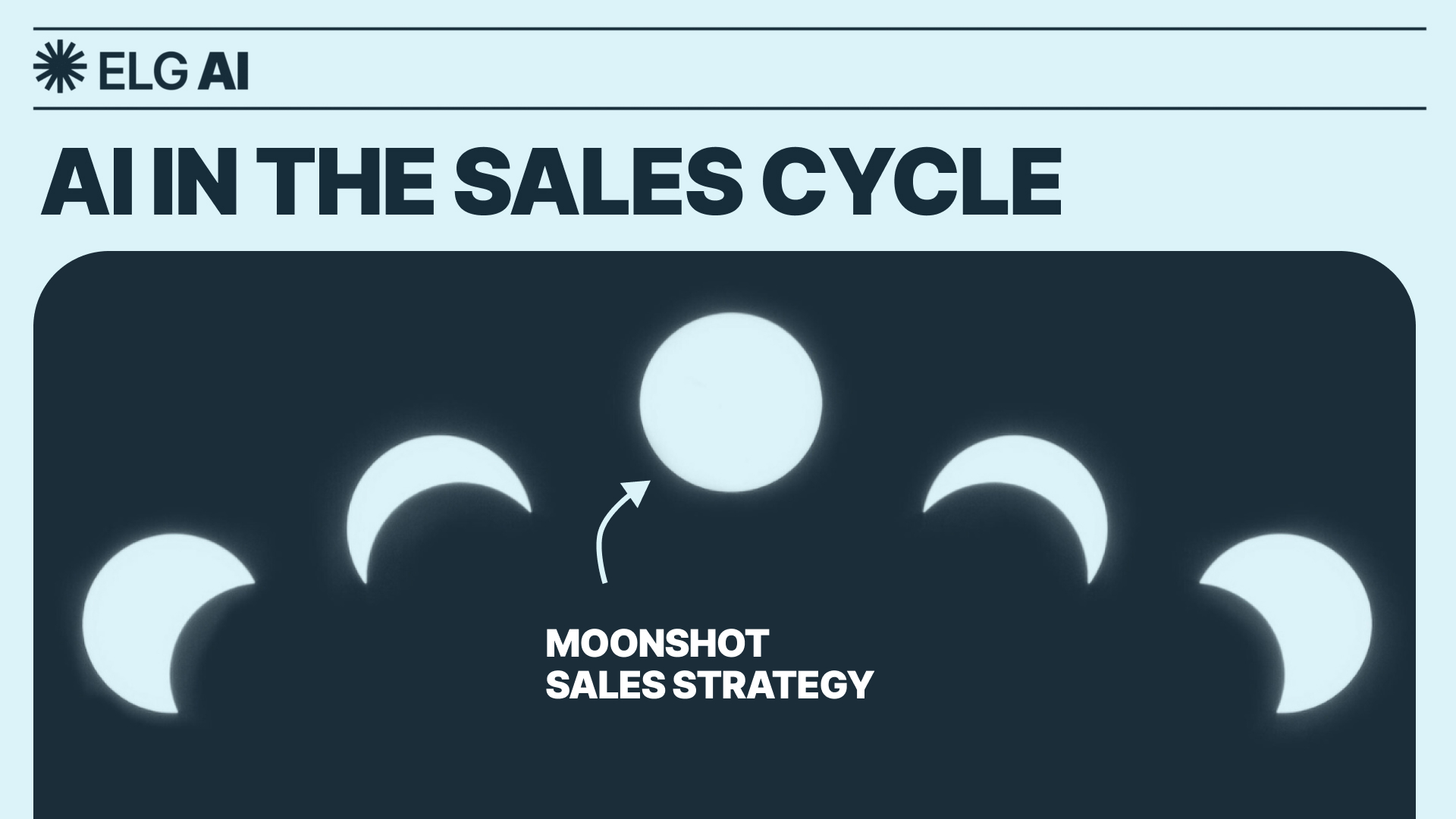Subscribe for Access
Dive into the essentials of partnership success with Rasheité's guide on Good Partner Managers vs. Bad Partner Managers.

By Rasheité (Radcliff) Calhoun
Good Partner Managers tailor their message to their audience. They understand the value of their product or service. They know the pitch to customers like the back of their hand. But that isn’t the pitch they make to partners. Good Partner Managers start by understanding their potential partner’s challenges, then they assess whether the product or service they provide supports the work the potential partner is trying to do. And that’s the story they tell.
Bad Partner Managers reuse the sales pitch for partners. They sell the value of the product to potential partners in the same way they sell it to potential customers. Taking the extra step to understand the potential partner’s needs and crafting a story around that is what sets the good apart from the bad.
Good Partner Managers know the market, product, competition, and ecosystem. They are constantly exploring and connecting because they know the market is ever-changing.
Bad Partner Managers stay in their bubble. They go deep on their internal product knowledge but miss the mark on understanding what’s happening outside of their organization.
Good Partner Managers leverage data to identify repeatable actions to get them to a win. One of the most exciting aspects of partnerships is the ability to create and innovate, but that can sometimes make Partner Managers feel like partnerships is an art. Partnerships is a science. Good Partner Managers recognize the science behind their activity. They look for patterns that point to winning strategies. When they spot the patterns, they kick it into overdrive.
Bad Partner Managers get stuck in a cycle of artistic aspects of partnerships. They try a million things without any data-backed strategy. Good Partner Managers recognize that partnerships is systematically translating the stories that the data is telling you.
Good Partner Managers align their data with company revenue objectives.
Bad Partner Managers obsess about partner-sourced or partner-influenced revenue without also pointing back to the impact on the larger company goals. Partner wins are only wins if they have a positive impact on their company’s goals.
Good Partner Managers leverage and build relationships to drive revenue.
Bad Partner Managers focus solely on relationships and don’t ask hard questions or have hard conversations. Relationships are an important part of being successful in partnerships, but what doesn’t make money also doesn’t make sense. In today’s market, if you cannot justify your work, you cannot justify your role.
Bad Partner Managers can’t convince their organizations of the value of partnerships because they focus solely on relationships. Good Partner Managers change that narrative and understand that pointing to revenue is an important part of their job.
Good Partner Managers know how to get internal stakeholders to rally around them. They realize that partnerships aren’t only external. They build the proper relationships with stakeholders from Marketing, Sales, Product, and Customer Success within their organization. And then they connect their partners with those folks, as well.
Bad Partner Managers complain of a lack of support and resources, but don’t do the groundwork to build relationships internally and also create a narrative around each internal stakeholder’s goals that illustrates the value of partnerships. Partnerships have an impact on every one of these areas. Good Partner Managers understand the impact and tell that story so all stakeholders are aligned and supportive.
Good Partner Managers identify opportunities for scale.
Bad Partner Managers stretch themselves too thin.
Good Partner Managers listen—to the North Star objectives of their company, to their internal teams, to the stories their data is telling them, and, most importantly, to their customers.
Bad Partner Managers think scaling equates to more. They try to do it all because they think they’re supposed to.
Good Partner Managers ask themselves: “Who is providing the most value?”, “Who is the most eager to raise their hand?”, and “Who is putting the numbers on the board?” They use this feedback to find the partners, partner types, and segments to invest in.
Bad Partner Managers try to do everything okay instead of a few things really well, resulting in flimsy partnerships that drive little value to both you and your partner.
Good Partner Managers have a basic knowledge of marketing, sales, legal, and product, and tech.
Bad Partner Managers are one-track-minded.
Good Partner Managers can understand how their work fits into the goals of other departments.
Bad Partner Managers work in a vacuum.
Good Partner Managers can zoom in and out of the interactions and activities of their wider company to find opportunities for support and growth.
Bad Partner Managers only focus on their team’s goals and tasks.
Good Partner Managers can state the value of a partnership in under 2 minutes. They’ve thought through the data, customer feedback, and use cases that will be positively impacted by the partnership.
Bad Partner Managers have a hard time selling the value.
Good Partner Managers can adapt the language to the type and level of stakeholder to communicate value meaningfully.
Bad Partner Managers use confusing jargon—or worse, pitch the partnership without proof.
Good Partner Managers prioritize partnerships based on performance and potential. They use tools like Reveal to identify and track which partners have the highest potential and who are the ones influencing the most deals.
Bad Partner Managers focus only on potential, not if the partner is actually delivering on what the relationship set out to do.
Good Partner Managers know how to read the writing on the wall and end partnerships that are not serving their company and customers.
Bad Partner Managers never offload partners. They get too invested in the idea vs. the proof, resulting in wasted resources.
Good Partner Managers enable and empower their internal teams. They focus on placing their program behind the momentum and initiatives that other departments are already working on to help them win.
Bad Partner Managers force new programs and initiatives that don’t matter to them down their team’s throats.
Good Partner Managers know how to situate their program and team as activation levers for other GTM teams.
Bad Partner Managers run their programs on their own lonely island, never building a bridge. They wait for GTM teams to come to them, or to accept their suggestions as they pop up.
[This article is inspired by Ben Horowitz’s “Good Product Manager/Bad Product Manager”]






.jpg)







%20(1).jpg)






.png)




























.jpg)




.png)






.jpg)





.jpg)

.webp)




















